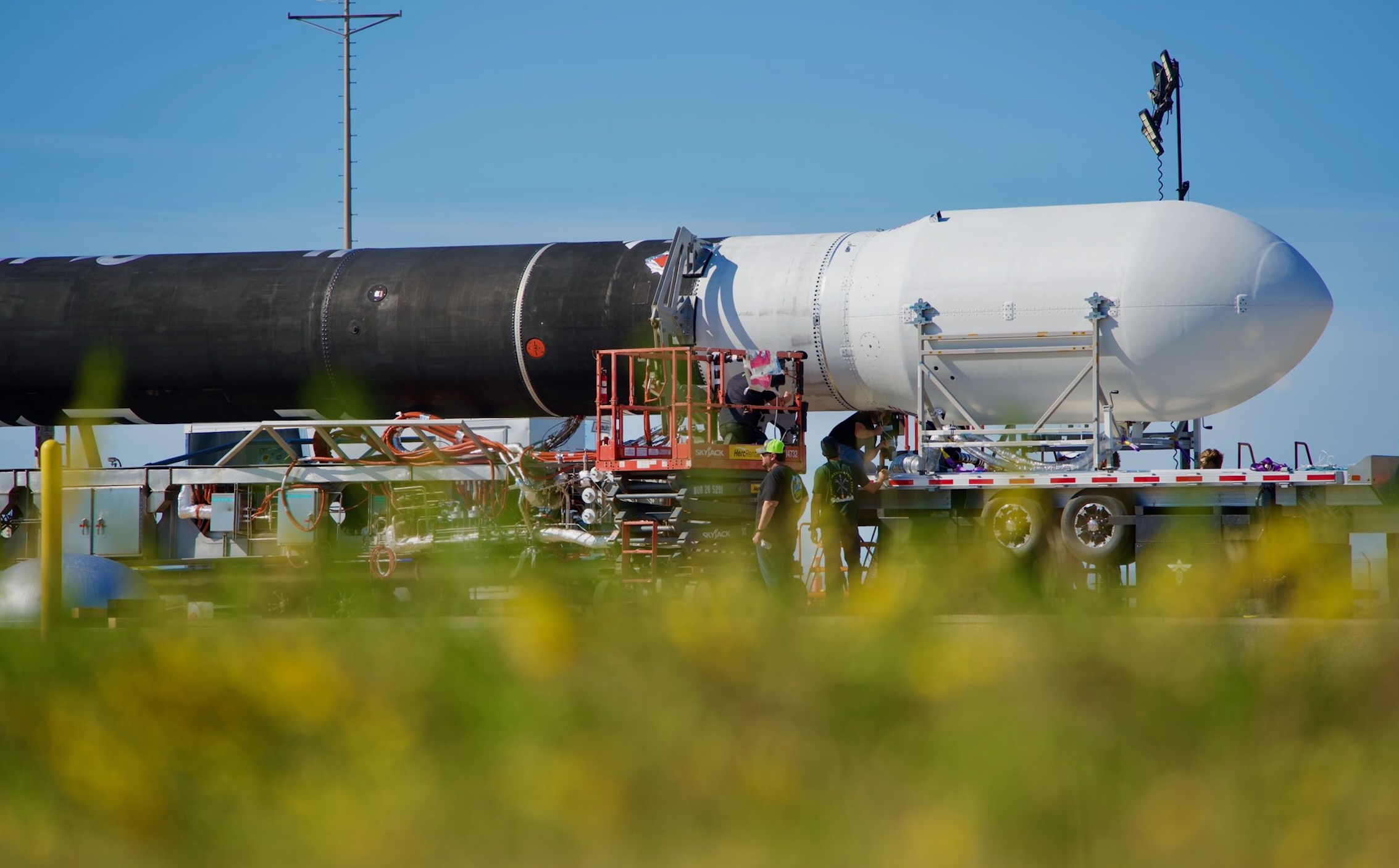China launches next-generation space capsule on Long March 5B rocket test flight
The rocket will launch China's space station, too.
Breaking space news, the latest updates on rocket launches, skywatching events and more!
You are now subscribed
Your newsletter sign-up was successful
Want to add more newsletters?
China space agency completed a vital test launch today (May 5) when the first launch of its heavy-lift Long March 5B rocket went off without a hitch.
The Long March 5B rocket is a cornerstone of China's space exploration plans. The same vehicle will carry the country's Mars mission, dubbed Tianwen, that is scheduled to launch this summer. And the heavy-lift rocket is also necessary for launching modules of the new space station China plans to build. And then, there's the crew capsule.
Today's flight is an uncrewed test mission for that vehicle, with China particularly eager for data on the performance of its heat shield and parachutes, among other aspects of the unnamed capsule, according to SpaceNews. The capsule should be able to carry six or seven astronauts at a time, according to a statement from China Aerospace Science and Technology Corporation, a state-owned contractor for the space agency.
Related: How China's space station will work (infographic)
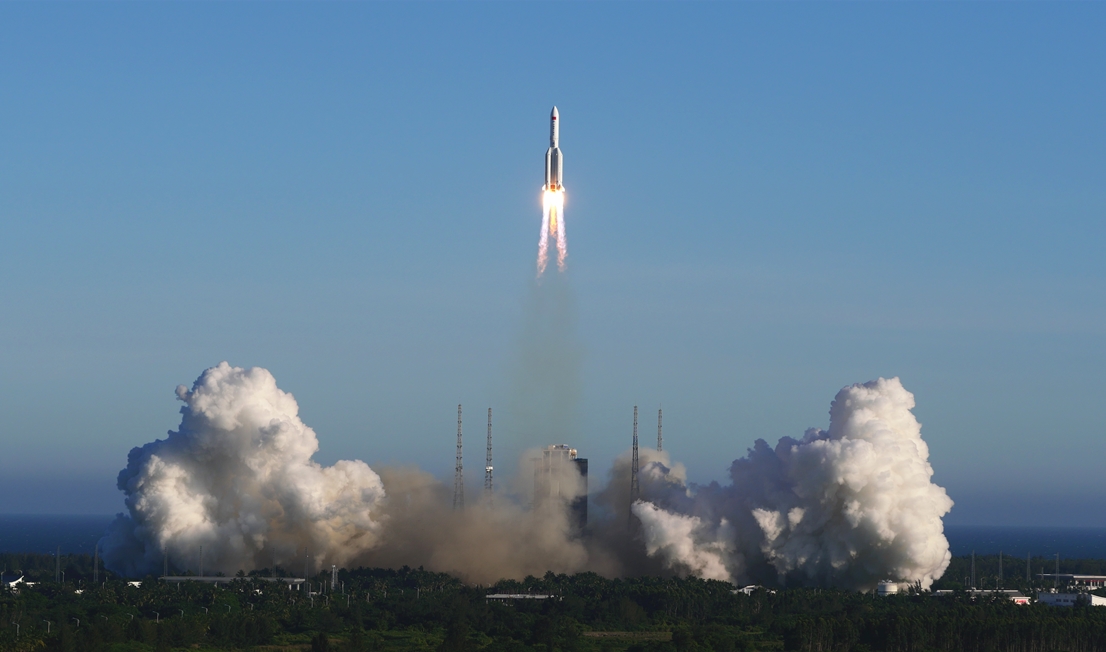
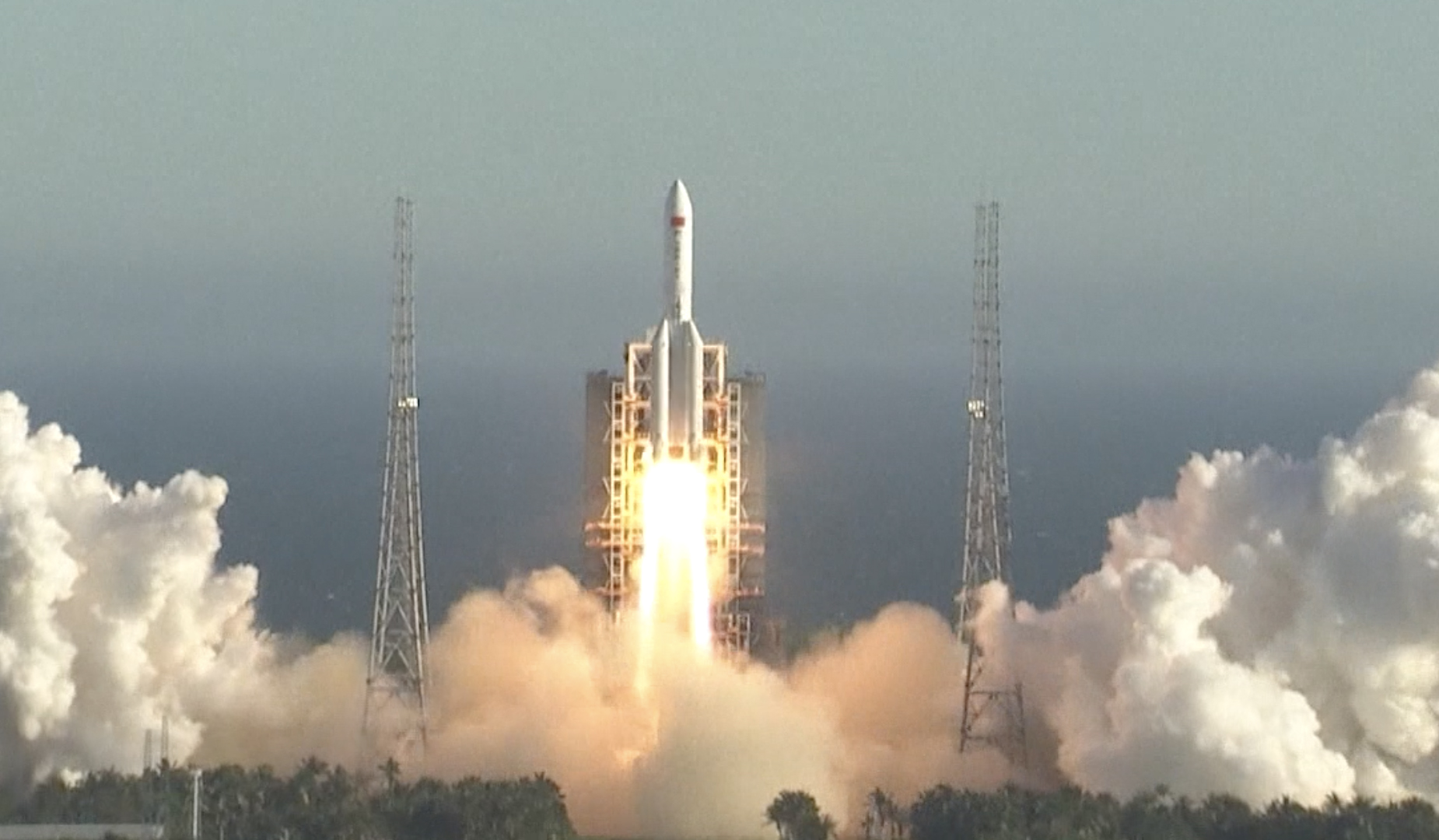
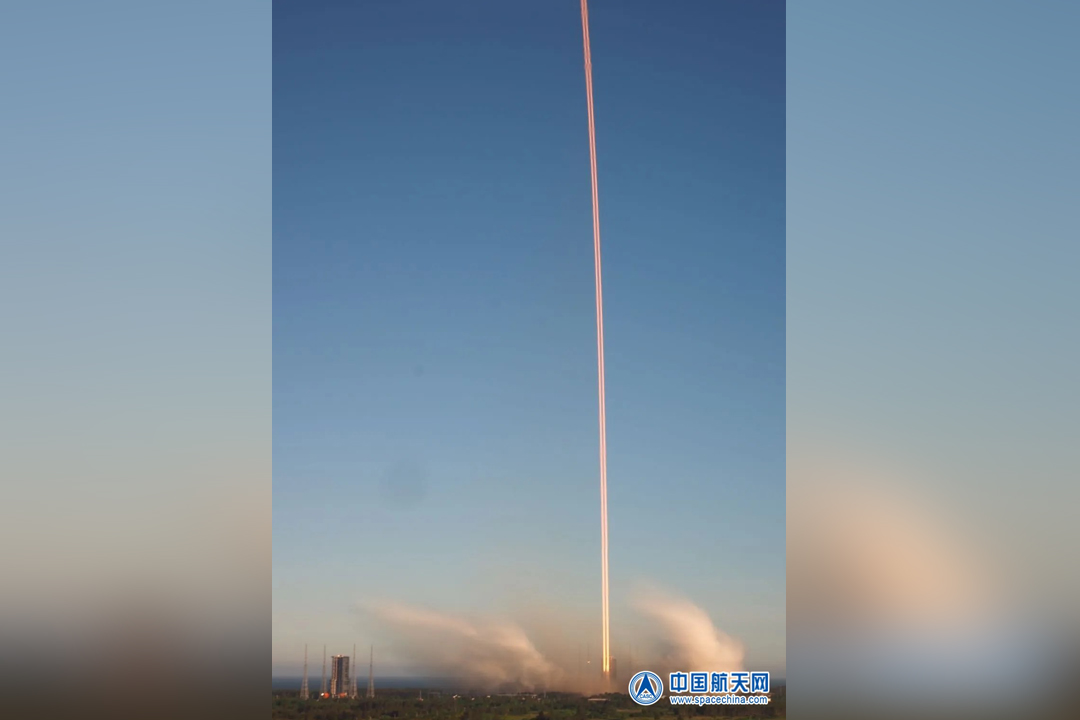
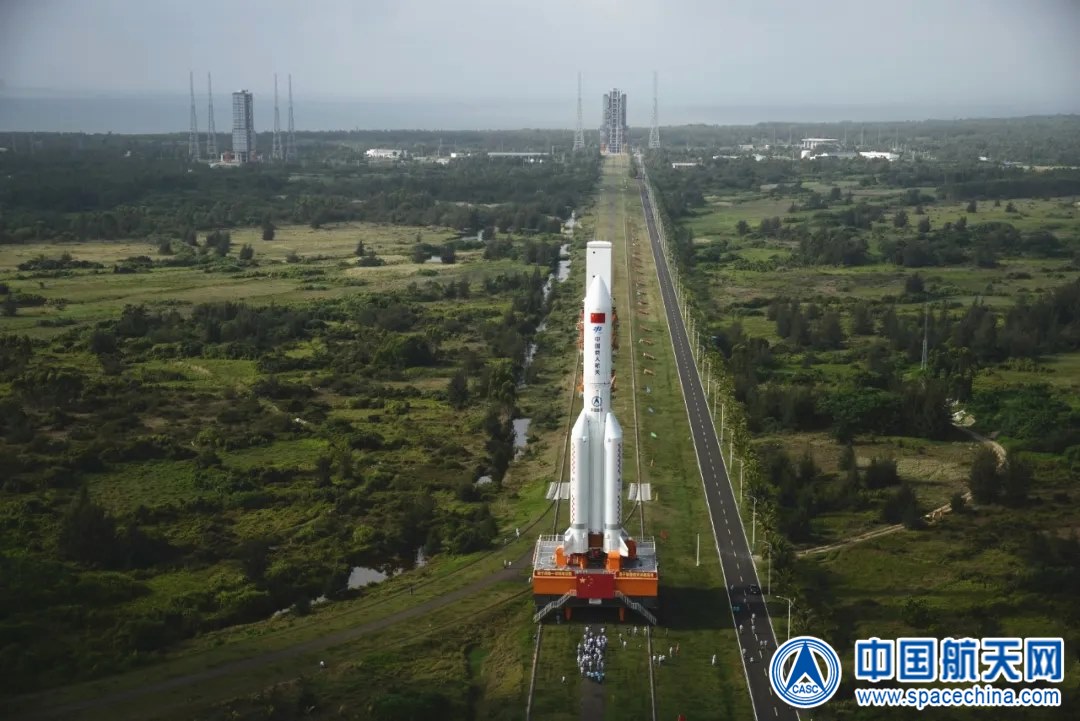
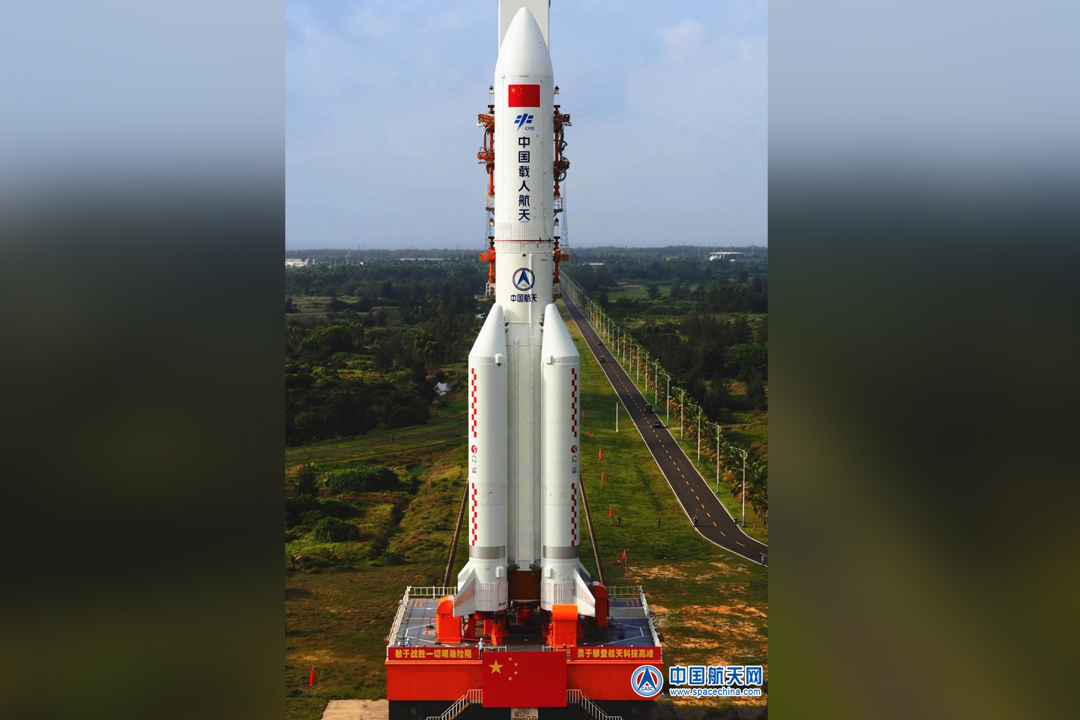
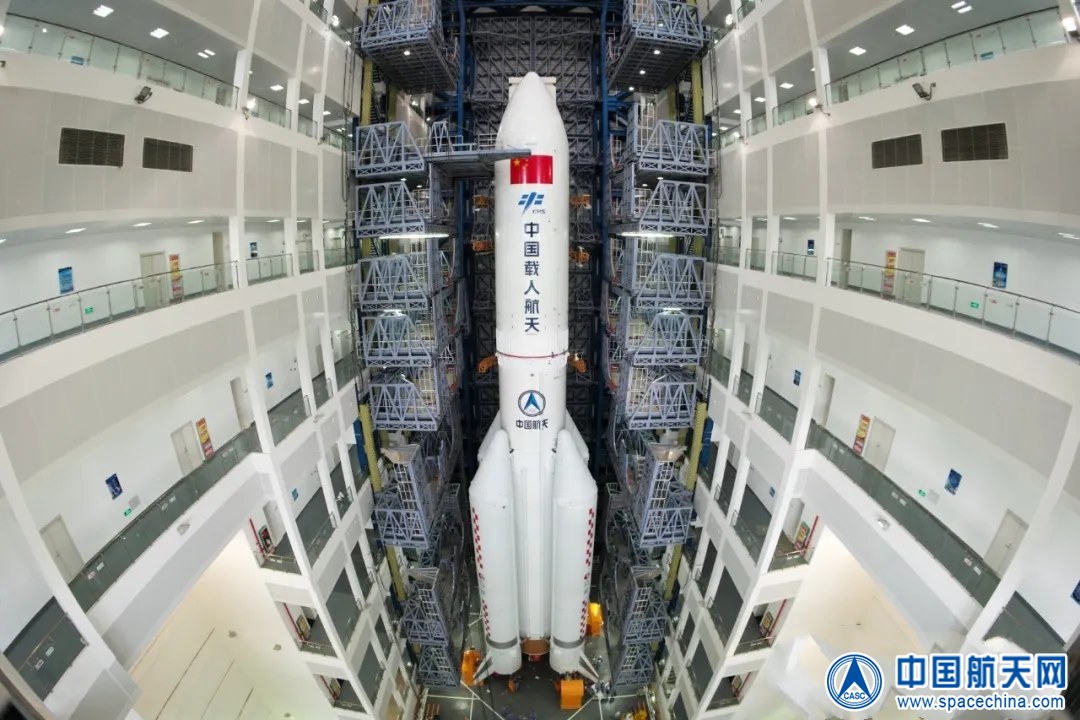
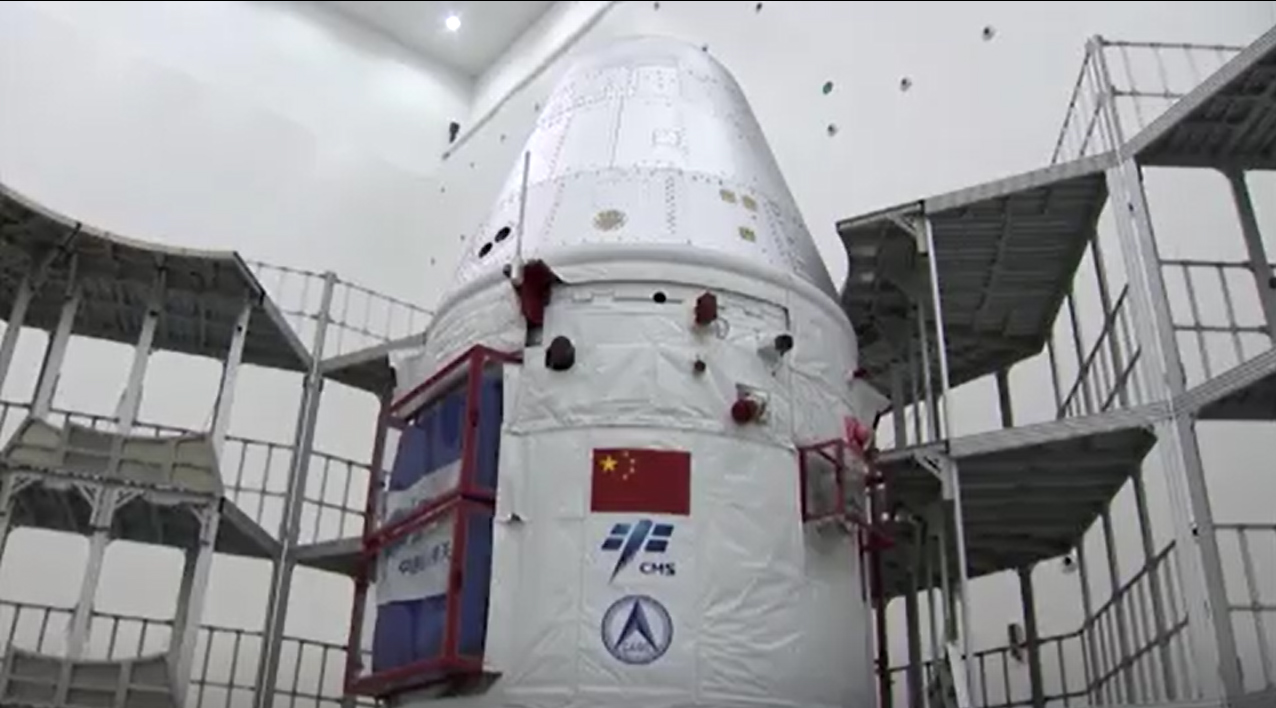
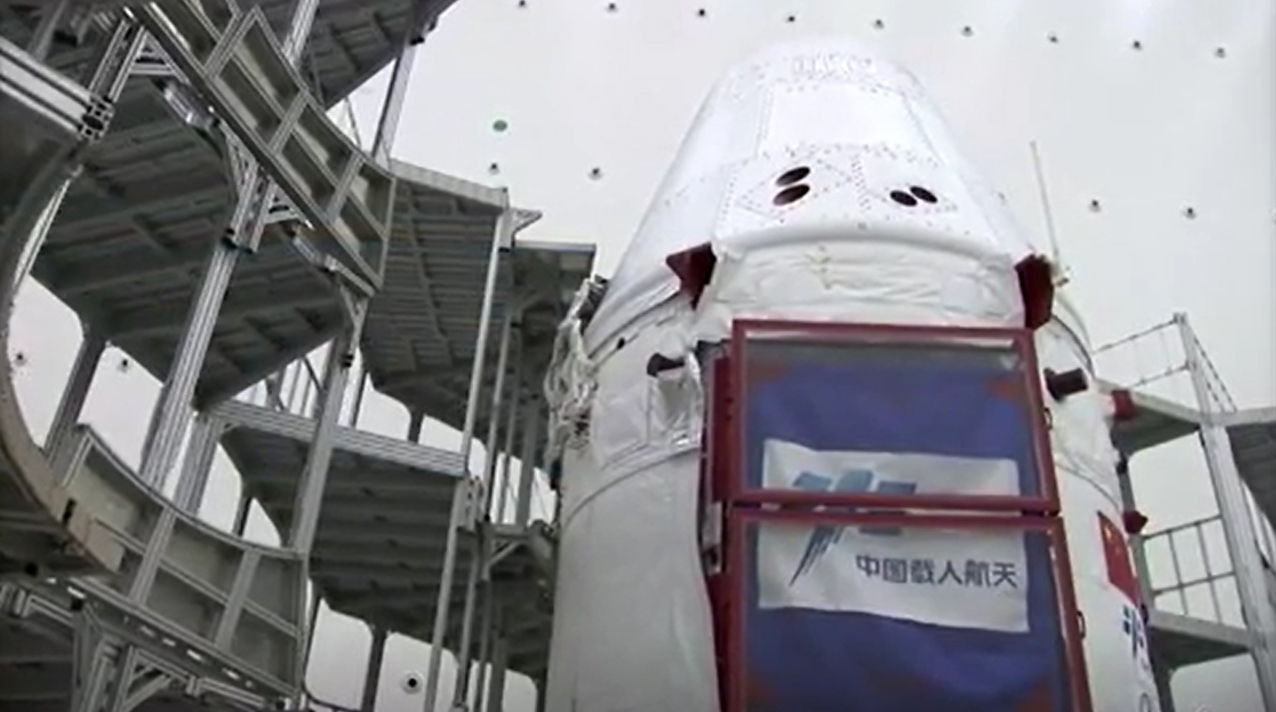
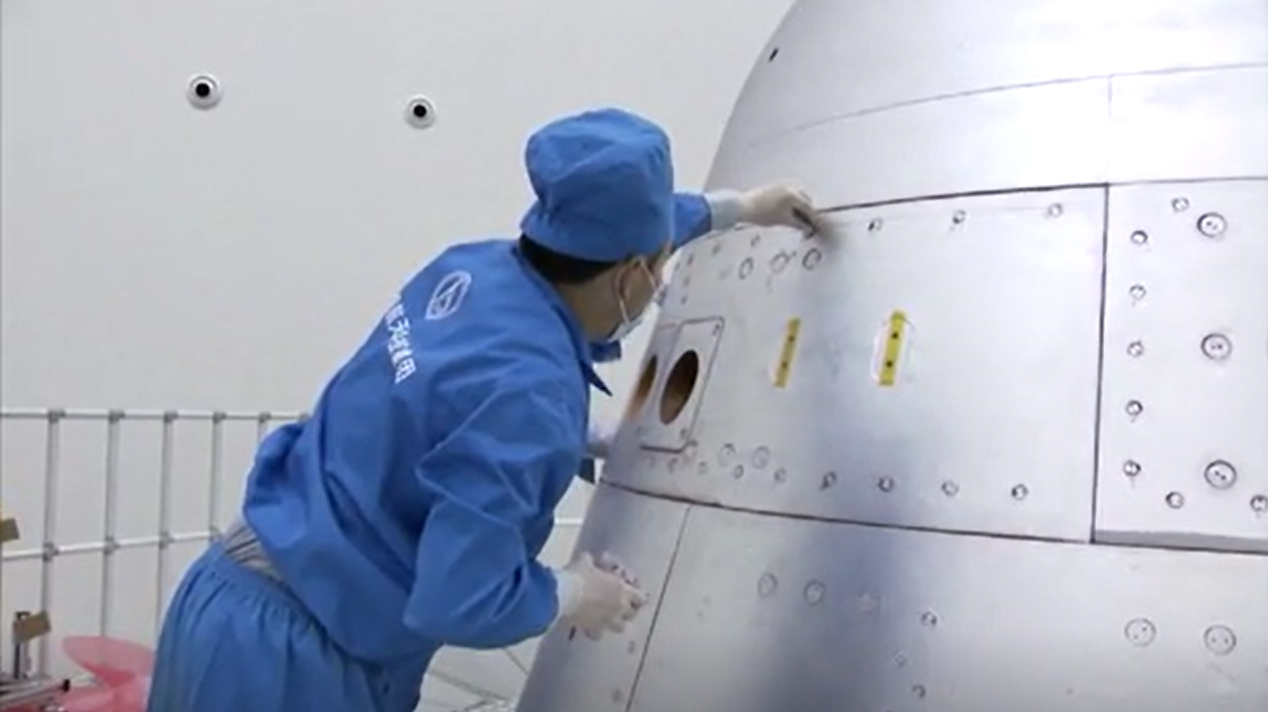
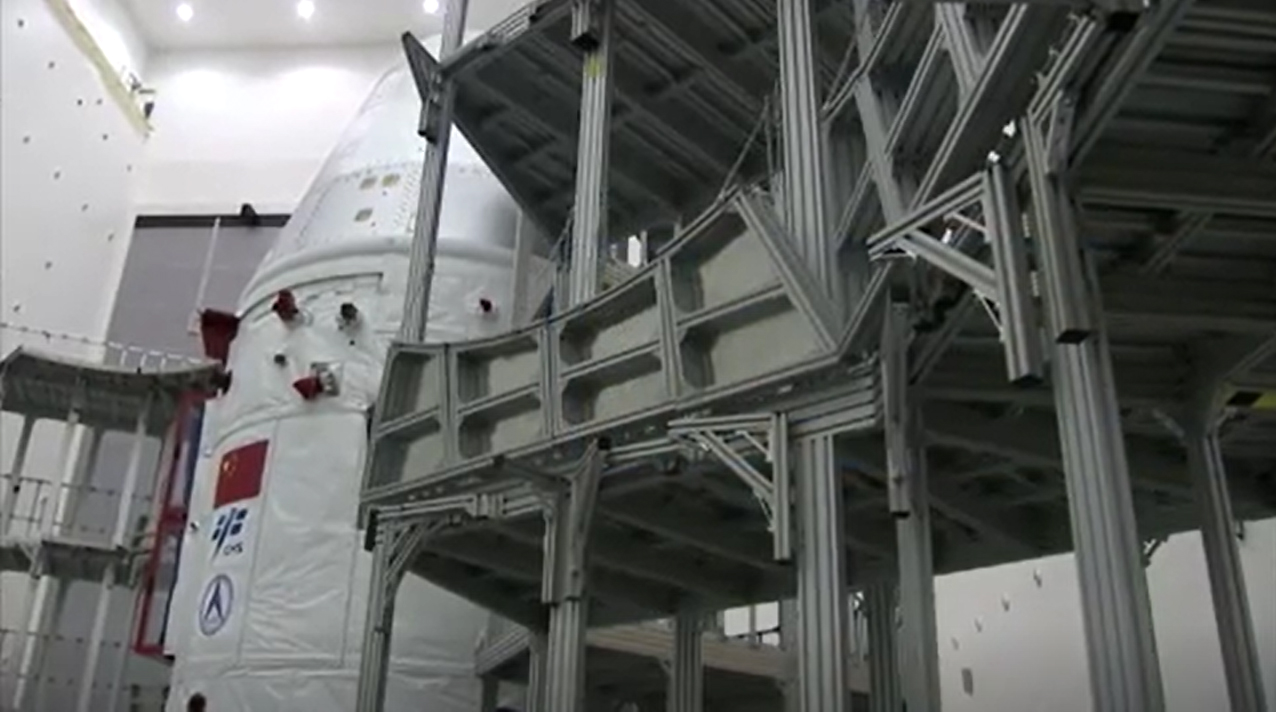
The Long March 5B is capable of lifting 25 tons of payload to low Earth orbit, a vital requirement for China's dreams of building a new space station. The rocket is also equipped with a fairing of larger diameter than the nation has launched before, a requirement for the modules under consideration.
Lift-off of today's mission occurred at 6 p.m. local time (6 a.m. EDT, 1000 GMT). About 8 minutes after launch, the rocket and capsule separated. Assuming the rest of the crew capsule's flight goes smoothly, today's success will open the door to a slate of 11 launches designed to facilitate space station construction, Zhou Jianping, chief designer for the crewed program, said in a statement.
The three-module space station, called Tianhe, is designed to focus on science, with a range of research possible in orbit, including astronomy, life sciences, materials sciences and combustion, Zhou added.
Breaking space news, the latest updates on rocket launches, skywatching events and more!
China has managed two space laboratories before: Tiangong-1, which launched in 2011, and Tiangong-2, which launched in 2016. The nation first launched its own astronauts, dubbed taikonauts, in 2003, but has not launched any crewed missions since 2016.
- Chang'e 4 in pictures: China's mission to the moon's far side
- China releases huge batch of amazing Chang'e-4 images from moon's far side
- Photos from the moon's far side! China's Chang'e 4 lunar landing in pictures
Email Meghan Bartels at mbartels@space.com or follow her @meghanbartels. Follow us on Twitter @Spacedotcom and on Facebook.
OFFER: Save 45% on 'All About Space' 'How it Works' and 'All About History'!
For a limited time, you can take out a digital subscription to any of our best-selling science magazines for just $2.38 per month, or 45% off the standard price for the first three months.

Meghan is a senior writer at Space.com and has more than five years' experience as a science journalist based in New York City. She joined Space.com in July 2018, with previous writing published in outlets including Newsweek and Audubon. Meghan earned an MA in science journalism from New York University and a BA in classics from Georgetown University, and in her free time she enjoys reading and visiting museums. Follow her on Twitter at @meghanbartels.

